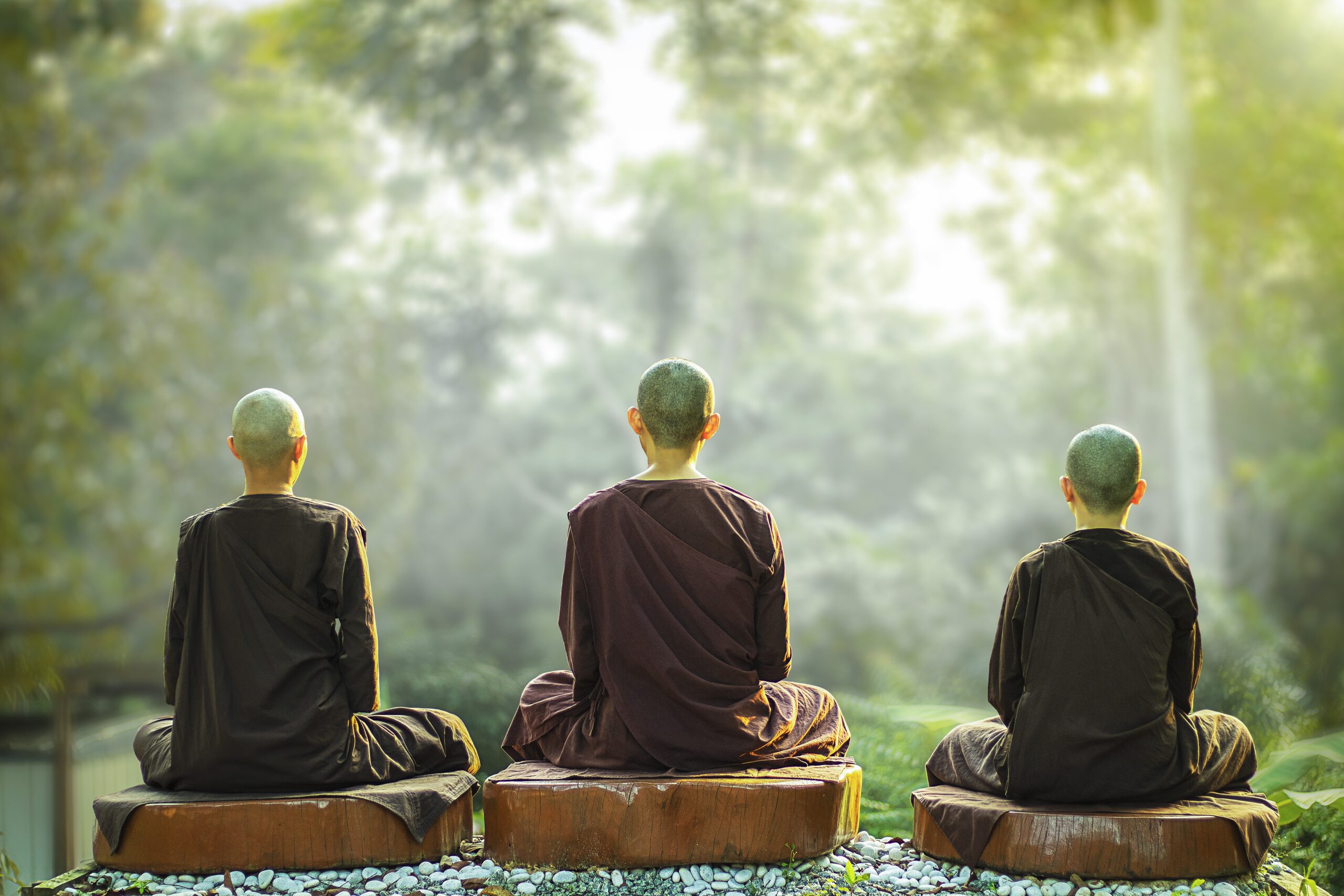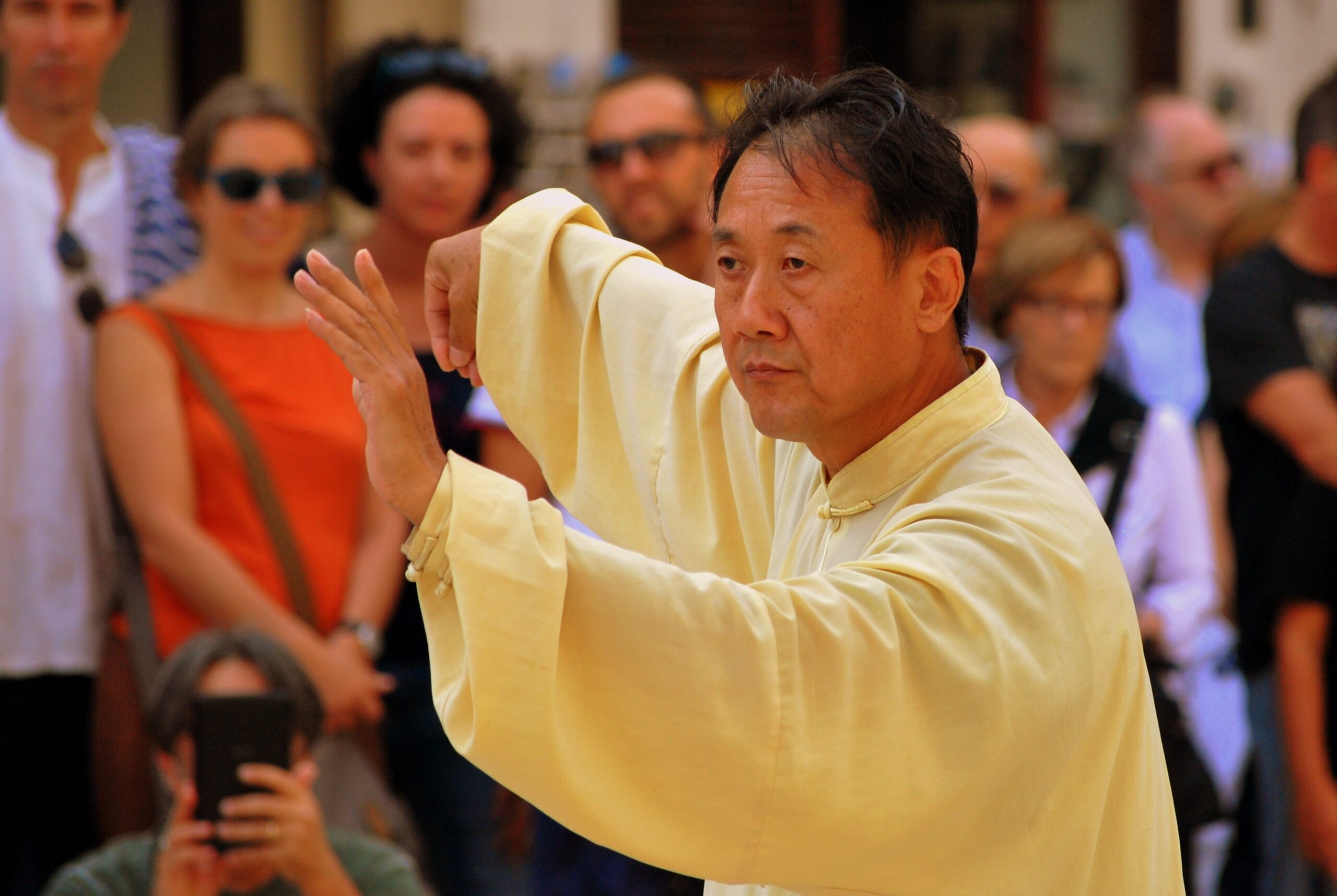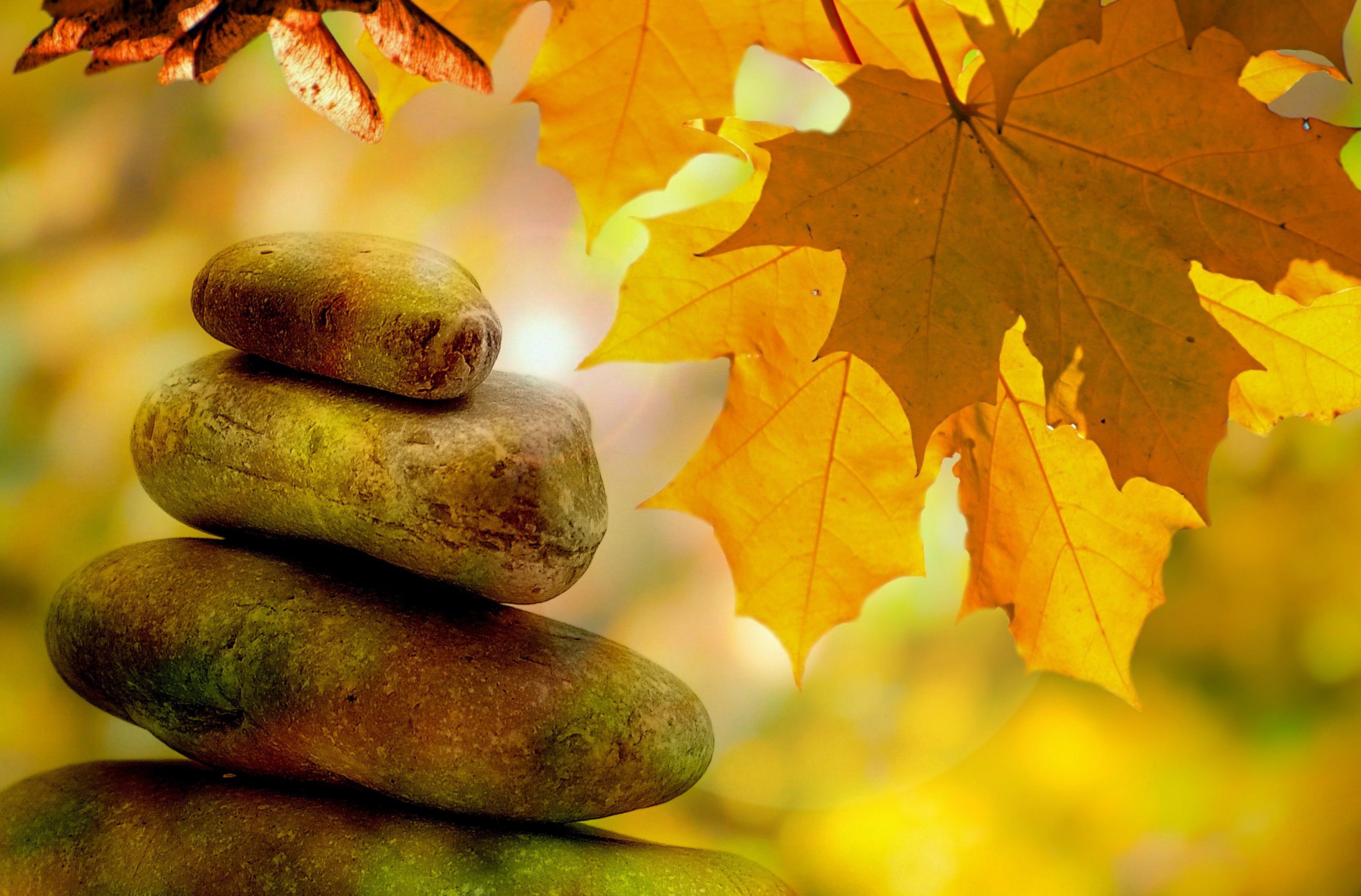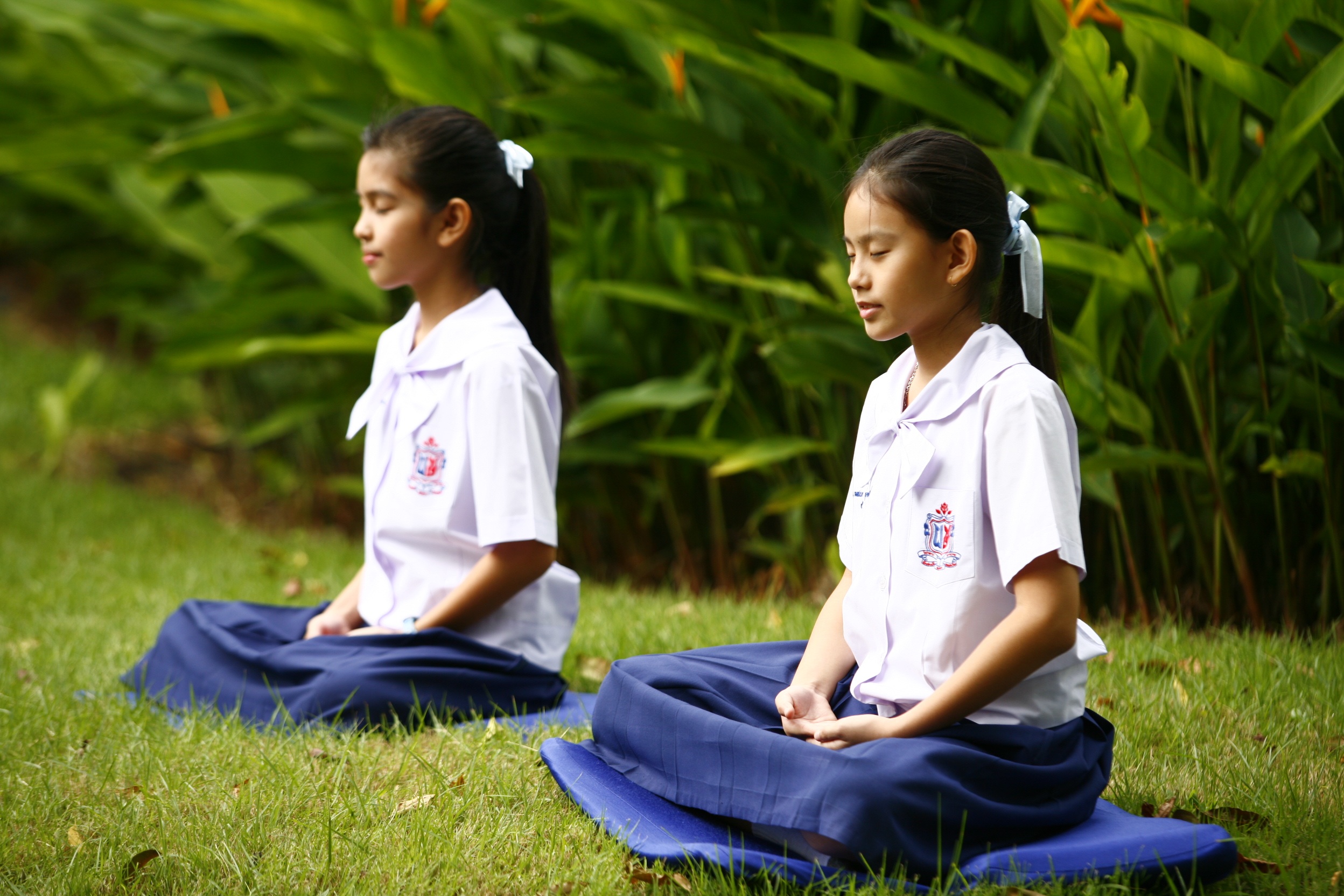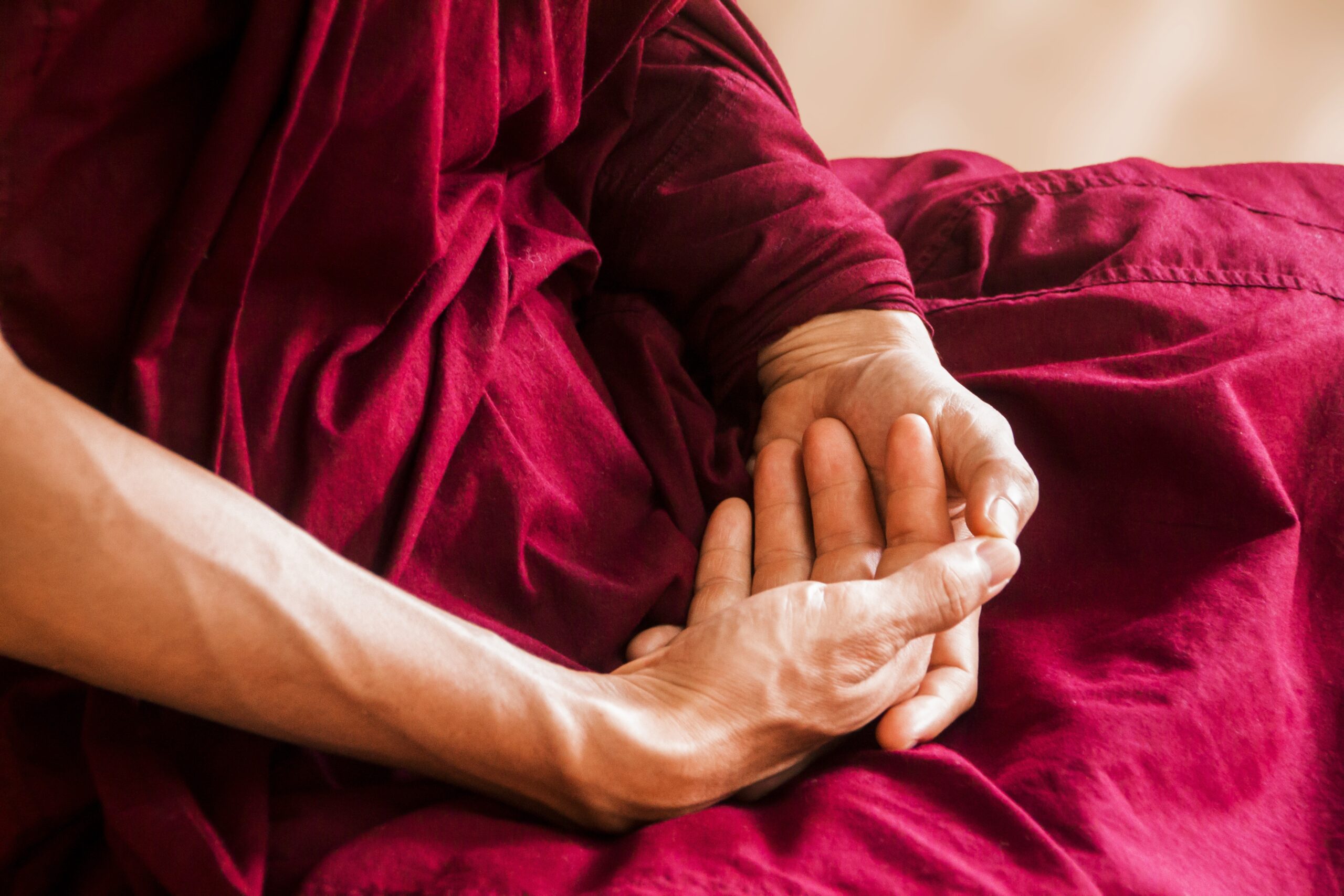A Long LONG List of Qigong Benefits!
 Benefits? How many other sports, meditation, martial arts, or yogic exercise can compare with the number of advantages that qigong/chi kung has? When I started to list the potential benefits, the list became so long, I had to divide the page in two, with health related topics listed on a second page.
Benefits? How many other sports, meditation, martial arts, or yogic exercise can compare with the number of advantages that qigong/chi kung has? When I started to list the potential benefits, the list became so long, I had to divide the page in two, with health related topics listed on a second page.
Qigong (a.ka. chi kung) has been around since the dawn of Chinese civilization, and now, more than ever, people around the world are practicing qigong.
Even if you are skeptical about some of the things qigong practitioners claim they can do, with scientists and the medical profession getting into the research, there must be something behind this ancient practice.
- Qigong can be used for self-defense. Qigong itself is not necessarily a martial art but it is called neigong (internal art) for a reason, because it cultivates chi energy that is used in martial arts.
Also, some qigong styles, such as tai chi chuan (also phonetically spelled taijiquan), are essentially martial arts, even though contemporary tai chi is more often than not practiced without the aspects of self-defense application.
The martial art benefits are not in self-defense alone, but also in strength. A person who practices qigong martial arts benefits by building strength without building muscle. That is how a small weak old man can use qigong to topple his opponent three times his size and weight and strength!
I recall one time when I was sparring with a partner who was wearing special prescription glasses. He had paid extra to have these glasses made from lenses that were supposed to be shatter-proof.
Without thinking, I had hooked my finger under his glasses and took out a piece of his lens. How I did it I don’t know, because I was in a deep meditative zone when I was sparring with him.
In another instance, I was driving my master’s sister home one day. She was quite upset with someone, and as she was venting her spleen, she was playing with her house keys in her hands. When we got to the house, she found she had inadvertently twisted the key entirely out of shape with her intrinsic chi energy!
- Qigong is relatively inexpensive. Although some schools will charge large sums of money, most schools offer qigong classes at reasonable rates. And when you consider that other sports require all sorts of expensive equipment, and qigong requires little if any equipment, it’s a very small investment to pay for a few lessons that you can practice for a lifetime.
- It requires very little space. While it is recommended that you practice outdoors so you can benefit from the fresh air, you can practice qigong almost anywhere, because so little space is required. In fact, most of the qigong styles I teach require little more than a hundred square feet (approximately 30 square meters) of space, and some only standing room space.
- Qigong is relatively easy to learn. Qigong styles range from the very simple five-minute exercises to very lengthy sets that can take more than an hour to complete. However, for the most part, the movements are very easy to perform. Some of the sets are even repetitive and therefore easy to remember.
- Flexibility with time. With well over a thousand qigong exercises, you can choose any set to suit your needs: if you want to spend minimal time, you can practice for a mere five to ten minutes a day and still see benefits.Or you can go the other extreme and practice several hours a day — whatever works for you. I, myself, have practiced as much as ten hours a day—I was so in the zone I didn’t even notice the time!
- It develops discipline. My physician once asked me what I did for relaxation, and I told him that I practiced qigong meditation and tai chi. When I told him I had been practicing one to two hours of meditation every morning at five a.m. for the past thirty years, he was quite impressed, saying that would require much discipline.
Actually, qigong does not require much discipline; rather, it builds discipline. It is merely a matter of habit that is built up over time, just like brushing your teeth. Since there is an overall sense of well-being when practicing qigong, it is not very difficult to do.
Most of my friends will tell you that I am not a physical person: I was terrible with sports and very uncoordinated as a child. But qigong is perfect for a person like me because I don’t have to be very active to reap its benefits.
- It builds will power and concentration. In qigong, we use the yi consciousness, (a combination of subconscious conditioning, visualization, concentration and focused intent) to guide and circulate our chi energy. With practice, it becomes relatively easy to focus our concentration. This will power and ability to focus can be applied to almost any activity in addition to qigong.
- Qigong develops tremendous mind power. Few people outside of qigong circles have ever heard of the powers of yinian or the yi consciousness.
It is the rudder or the steering wheel that channels the chi energy for healing, self-defence, will power and concentration, health and longevity, spiritual development, and so much more! When the yi consciousness is harnessed properly, the qigong practitioner is capable of unbelievably great power that far surpasses physical brute strength.
Imagine, for example, a martial arts expert who is able to ward off attacks by blocking or avoiding his opponent’s punch. Now imagine a step further, where the qigong practitioner is able to use his chi to repel his opponent, thereby creating a greater force than his own physical strength.
But now imagine, the practitioner channeling his chi even further by extending it beyond his body, so that he is able to repel the opponent without having to touch him! And imagine being able to anticipate your opponent’s intention before your opponent has even physically reacted!
How is this possible? Because qigong accesses the yi consciousness. Therein lies the mind power to harness and manipulate the chi lifeforce for self-defence, healing and personal development. Therein also lies the potential for developing unbelievable mind power.
- Qigong develops psychic ability. Some of the abilities manifested by qigong masters include psychic healing using chi energy, distance healing, clairvoyance, telepathy, telekinesis, out-of-body experience (OBE) and soul travel.
Psychic healing and distance healing are the most common benefits, and my mother and I have often used these to benefit family members and students alike, (See Healing Chi).
My master has often demonstrated his ability to push or pull people off balance from a distance without touching them.
One time, when we were at a supermarket, he impatiently waved his hand towards the long line of people at the cashier counter and unintentionally caused the people to suddenly lose their balance and crash into each other!
Fortunately, since we were standing about twenty feet away, no one suspected his involvement!
- It increases intelligence. Numerous research studies have shown that any form of yogic meditation has a direct effect on intelligence. Meditation increases neural pathways created in both hemispheres of the brain, resulting in what is known as “whole-brain functioning,” which enhances creativity, intuition, and increased learning ability.
- One of the greatest advantages qigong has over other physical exercises, is that it is also a form of meditation. One of the benefits of meditation is that it slows down brain wave patterns.
Brain activity fluctuates in four known categories of brain wave patterns: beta, alpha, theta and delta patterns of consciousness. Normally, when we are at our most alert conscious state, beta brain wave patterns are predominant in our brain wave activity, although all four patterns are usually present to some degree.
However, meditation will slow the brain wave pattern until alpha brainwaves become the dominant pattern of consciousness. This alpha brain wave pattern is indicative of our most relaxed waking state, when we experience less stress and therefore are at our best state for learning, memory retention, as well as the performance of other mental tasks.
- It develops heightened sensual awareness. After several months of practice, many of my students report that their visual acuity is much improved, that their taste buds are more sensitive, and that their hearing is more acute.
- Qigong provides inner peace and a sense of calm. My mother has always suffered from panic attacks. However, qigong practice has helped her to regain her sense of peace and calmness.Also, prolonged practice in meditation has allowed her to reduce those panic attacks significantly without the use of prescription drugs. Over time, I am confident that these panic attacks will disappear entirely.
- If qigong can provide that calmness within, it goes without saying, that it’s also a great stress-reliever.
- It builds wisdom from reflection. In Chinese history, you often read about sages who meditate for hours at a time. Any prolonged contemplation or self-reflection will give your brain the chance to absorb and process experiential data and to apply it back into real world situations.Meditation provides that time to reflect, which is why so many Chinese sages throughout history take advantage of practicing qigong on a regular basis.
- Qigong builds moral character. Traditional qigong masters will tell you that prolonged practice will lead to a strong moral character. That is because embedded in the principles of qigong practice is wude, a certain moral code of conduct — call it a form of qigong chivalry.
It outlines the relationship between master and disciple, governs the behavior and attitude of the practitioner, reflecting our integrity, but most importantly our compassion towards all life.
A practitioner benefits most from qigong if he or she is sincere in intent, honest in communication and humble in attitude. Otherwise, the chi energy will not flow smoothly. All practitioners in qigong meditation know this, and even the Taoist Lao Tzu counseled in his Tao Te Ching (The Virtue of the Way) the need to develop certain virtues when meditating.
On the other hand, practitioners who intentionally engage in negative qigong or the black arts, seek only to benefit themselves at the cost of other people’s health or lives.
These people not only lack conscience in disregarding the principles of wude, but invariably pay the price in consequences: for every ill intent they direct towards their victims invariably boomerangs and negatively affects their own lives tenfold.
Keeping to the principles of wude guarantees success in qigong. In fact, following the code of conduct is the only way to ultimately achieving the highest level of in qigong, that of spiritual development.
That is why some martial artists who call themselves “sifu” will never achieve this level of success — because they are too proud of their “accomplishments” and they cannot sublimate their ego.
- Qigong is a path to spiritual development. You don’t have to be a Buddhist or Taoist to benefit spiritually from practicing qigong. Qigong is not a religious practice, but it can be a spiritual one.
I myself profess to be Christian, and have found that practicing qigong has actually deepened my Christian faith. Even if spiritual enlightenment is not part of your goal, the spiritual benefits are still there.
- It gives a sense of oneness with the universe. Enlightenment, Buddhahood, Oneness with Tao, call it what you will, this is what regular qigong meditation will provide. This experience is one that cannot be described. It has to be experienced. But this experience is available to anyone who seeks it through meditation. So there you have it — as you can see, there are many benefits to practicing qigong. What better reason for learning this ancient yogic exercise? But if you’re still not convinced, take a look at how you can benefit in terms of health. The advantages there are even more impressive!
